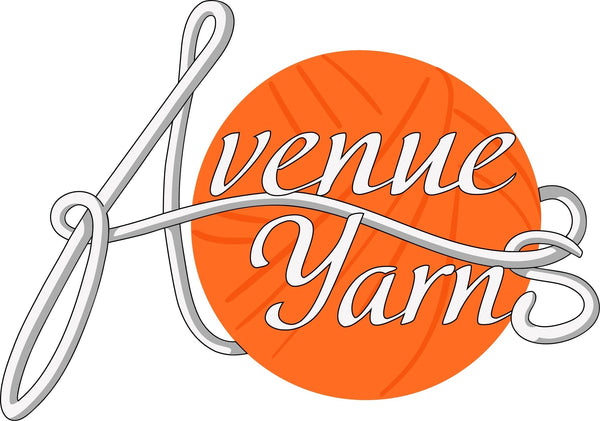
In our first Sheep of the Week post, we bring you ... the Merino!

Renowned for the next-to-skin softness of its wool, the Merino sheep is an excellent forager and very adaptable. It is bred predominantly for its wool and its body is generally smaller than that of sheep bred for meat. In the range of sheep sizes, Merinos are medium: ewes, 125-180 pounds; rams, 175-235 pounds. Merino rams have long spiral horns that curve around their faces.

A Merino ram.
The modern Merino was developed in Australia. The first Merinos were imported to the US (to Vermont) in 1802. Today, while Merino sheep are still raised in the US, the Rambouillet breed is more popular. In many respects, it is the American version of the Merino, having been derived entirely from the Spanish Merino, via exports to France and Germany. Compared to the Merino, the Rambouillet is a larger, more dual-purpose sheep, and its wool is similar to Merino wool.
Merino have been domesticated and bred in ways that would not allow them to survive well without regular shearing by their owners. They must be shorn at least once a year because their wool does not stop growing. If this is neglected, the overabundance of wool can cause heat stress, mobility issues, and even blindness. Check out the super woolly story of Shrek, the Merino wether (a castrated ram), who evaded shearing for much too long!

The quality of any wool is determined by its fiber diameter (measured in microns, which are millionths of a meter), crimp (those little ridges you see above), and the staple (an individual lock) length/strength as well as the overall yield per sheering, and desirability of color.
Merino wool is very fine, typically between 12 and 24 microns, and has a long staple length of between 3 and 5 inches.
Many of the brands that you love at Avenue Yarns are made with Merino wool.
- Swan's Island Ikat, Dip-Dyed and Sterling are all certified organic Merino.
- Malabrigo brings us several yarns that are made with 100% Uruguayan Merino wool.
- Plymouth Superwash in both worsted and chunky is Merino.
- Many Madelinetosh yarns are superwash Merino.
- Hedgehog Fibres uses Merino wools.

0 comments